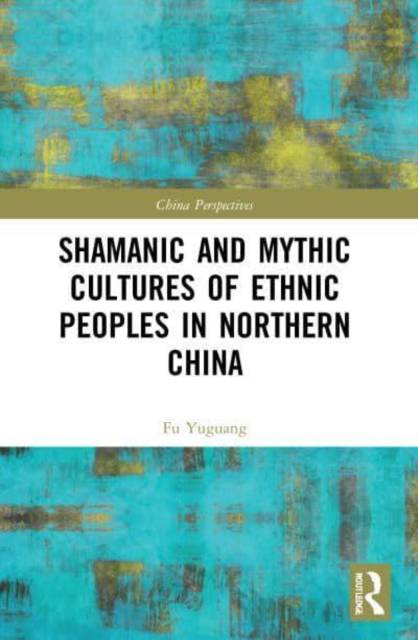
- Retrait gratuit dans votre magasin Club
- 7.000.000 titres dans notre catalogue
- Payer en toute sécurité
- Toujours un magasin près de chez vous
- Retrait gratuit dans votre magasin Club
- 7.000.000 titres dans notre catalogue
- Payer en toute sécurité
- Toujours un magasin près de chez vous
Description
Based on first-hand materials gathered through decades of field research and fleshed out with the author's insightful religious, cultural, and historical observations extending back to Qing Dynasty times, ancient archaeological discoveries and the legacy of Siberian peoples, this two-volume ethnological study investigates shamanic rituals, myths and lore in northern China and explores the common ideology underlying the origins of the region's cultures.
The two volumes discuss the spiritual world of northern Shamanism and investigates the various shamanic rituals, divination, spirit idols and myths, illuminating how worship and ideas are imbedded in and interweave with the indigenous environment, culture and history of people in northern China. This mythic heritage embodies the peoples' understanding of the natural world, the creation of humankind, social life and history as well as their interaction with their surroundings. It is shown that shamanic spirituality in northern China is characterised by functionality and practicality in daily-life situations, in contrast to the received wisdom that defines shamanic praxis as a pure supernatural spirit journey.
The set will be of great value for scholars of religion and anthropologists as well as ethnologists in the fields of Shamanism studies, Northeast Asian folklore and Manchu studies.
Spécifications
Parties prenantes
- Auteur(s) :
- Editeur:
Contenu
- Nombre de pages :
- 324
- Langue:
- Anglais
- Collection :
Caractéristiques
- EAN:
- 9780367676599
- Date de parution :
- 01-08-22
- Format:
- Livre
- Dimensions :
- 156 mm x 233 mm
- Poids :
- 4526 g







